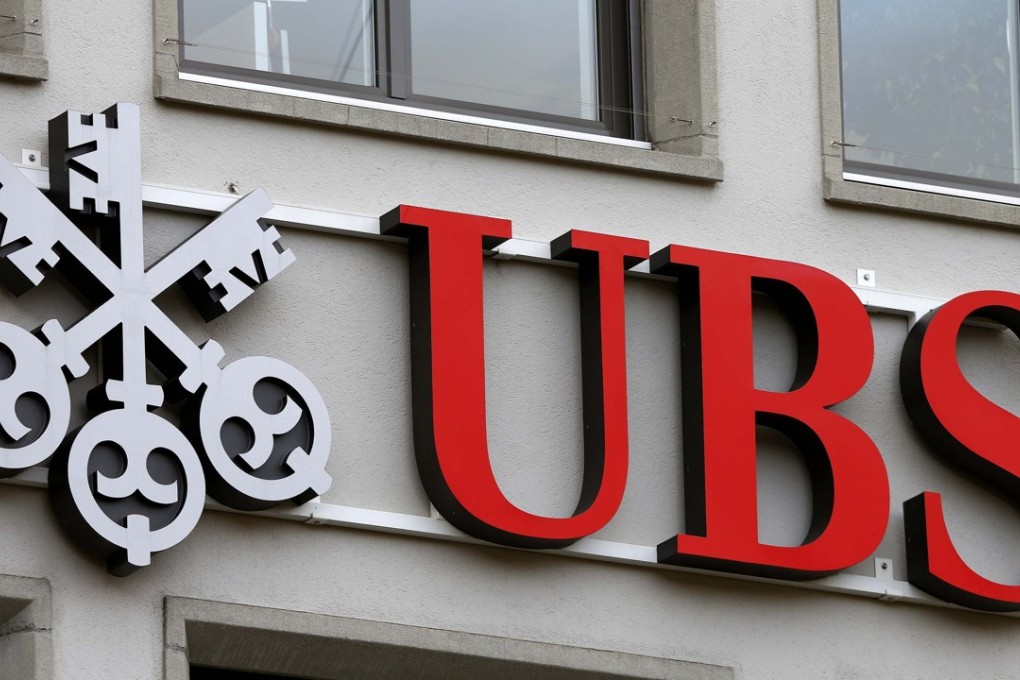UBS looks to appoint an Asian to board of directors as it eyes expansion in the region
The Swiss lender is aiming to diversify its board with more women, Asians and younger people; expansion plans include doubling headcount in China

UBS, one of the largest wealth managers worldwide, is looking into recruiting an Asian to its board of directors, chairman Axel Weber said as he detailed the Swiss lender’s expansion plans in the region, which include doubling the headcount in China.
Former Hong Kong Monetary Authority chief executive Joseph Yam Chi-kwong served as a director for UBS from 2011 but resigned earlier this year when he joined the cabinet of Hong Kong’s new chief executive, Carrie Lam Cheng Yuet-ngor.
We would also like to appoint people with diverse backgrounds, in particular people from all age groups. Being 60 years of age isn’t a requirement
“We are looking into recruiting in the Asian Pacific region because it is a very important market for us. We need to be well connected to markets and key decision makers in Singapore, Hong Kong and mainland China,” Weber told a group of Asian journalists at the bank’s headquarter in Zurich.
“A diversified board is important. We want people of different ages, genders and professional backgrounds to join the board. A third of our board members are female, but I would like to see this share go up to 50 per cent to reflect civil society.
“We would also like to appoint people with diverse backgrounds, including technology and in particular people from all age groups. Being 60 years of age isn’t a requirement,” he quipped.
The bank’s 11-member board of directors has four women and has had no Asian representative since Yam left. UBS has almost 60,000 employees worldwide, about 12 per cent of them in Asia. Around 36 per cent are in the bank’s home market, Switzerland, 35 per cent in the Americas and 17 per cent in the rest of Europe.
“We have hired more in Asia to reflect our business level in the region. We are very committed and take a long-term view in Asia. We employ around 2,300 people in Singapore, around 2,400 in Hong Kong and about 1,000 in China. We intend to double our headcount in China in the next few years,” he said.